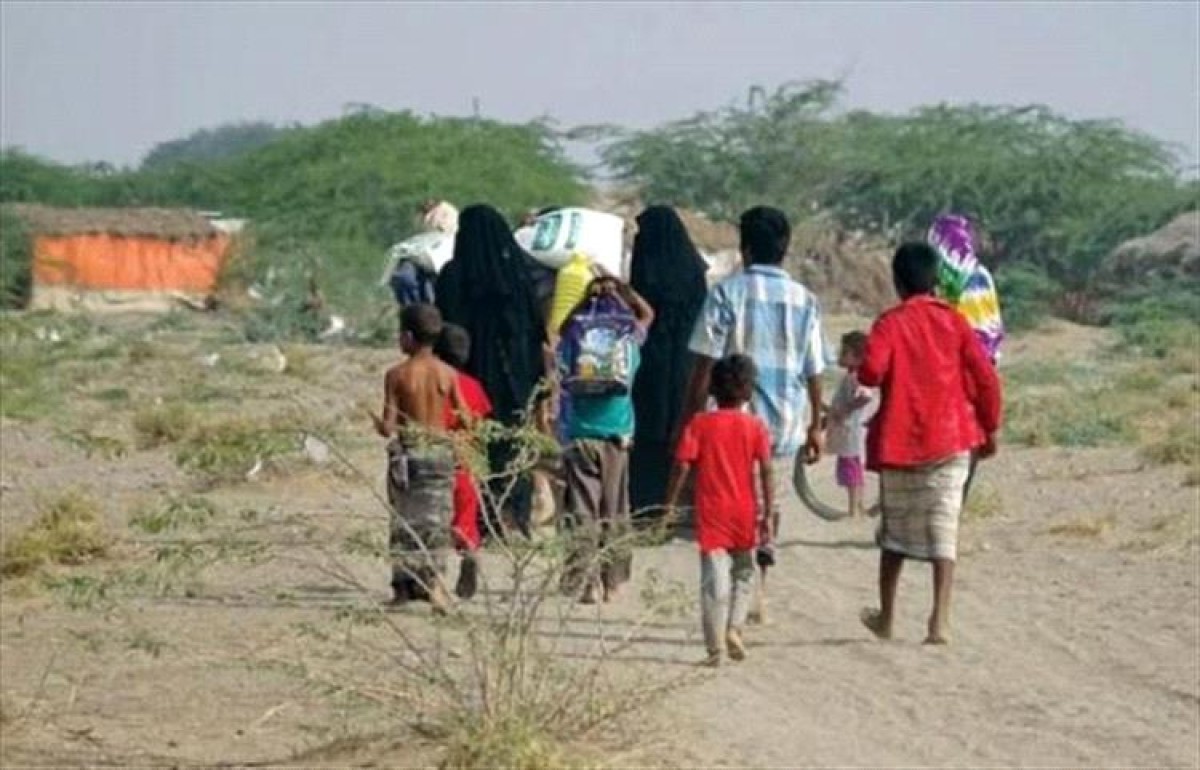More than 3,000 Yemeni families have been displaced since the beginning of this year


The United Nations announced the displacement of more than 3,100 families in Yemen, consisting of about 18,000 people, since the beginning of this year.
The Displacement Tracking Matrix of the International Organization for Migration stated that it had monitored in the past week alone that 30 families had been displaced at least once.
It showed that the majority of this family settled within the governorates of Ma’rib, Al-Hodeidah, and Taiz, after coming from the governorates of Ibb, Al-Hodeidah, and Taiz.
Recently, the World Bank has warned against the worsening of the humanitarian and economic crisis in Yemen during the next phase, due to the continuing challenges and difficulties resulting from the prolonged conflict and political division, and the escalation of regional tensions.
According to the "Yemen Economic Observatory", Yemen's economic prospects for the year 2025 are still bleak due to the continuation of regional and internal conflicts, which threatens to exacerbate the crisis in the country from both a social and humanitarian standpoint.
He pointed out that the Yemeni economy continues to contract, as the domestic product is expected to decline by 1% in 2024, after declining by 2% in 2023, which deepens the deterioration in the per capita share of domestic product, by 54% since 2015.
The report confirmed that government revenues declined by 42% in the first half of 2024, as a result of the Houthi militia continuing to impose a blockade on oil exports.
He said that this "impeded the government's ability to provide basic services, and also increased the country's dependence on imports, which led to a decline in the value of the local currency in government areas."
The report explained that the economic division between areas of government influence and areas controlled by the Houthi militia enhances inflation and undermines economic stability.